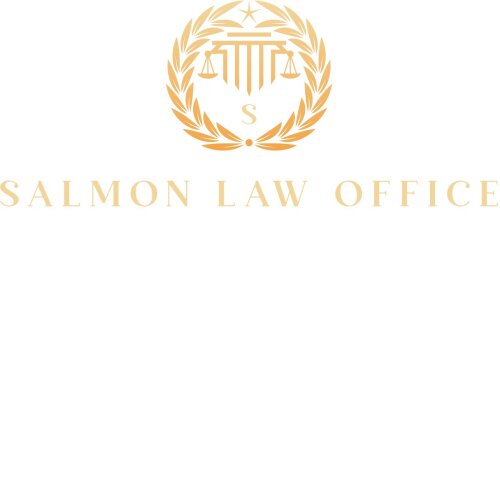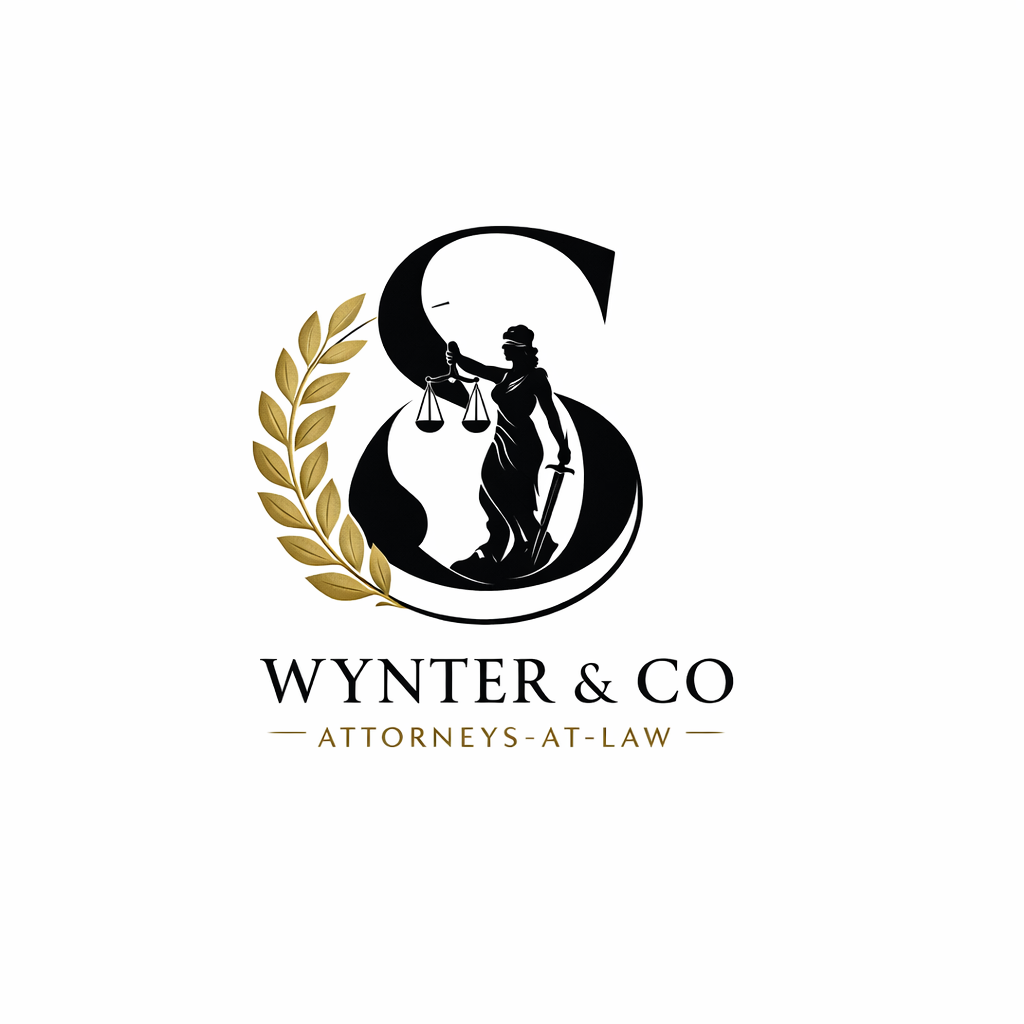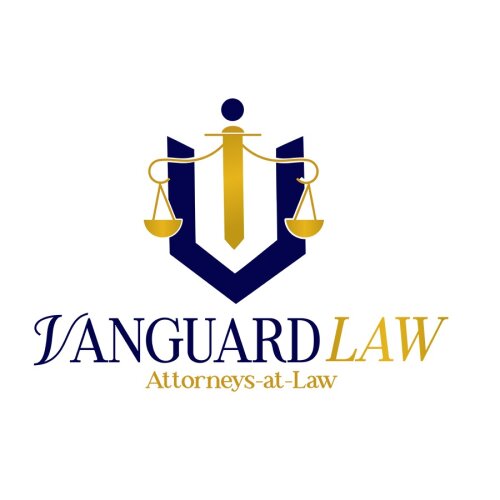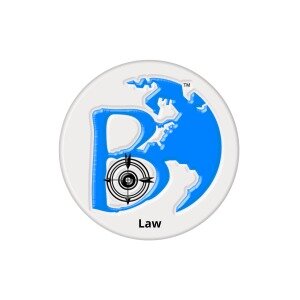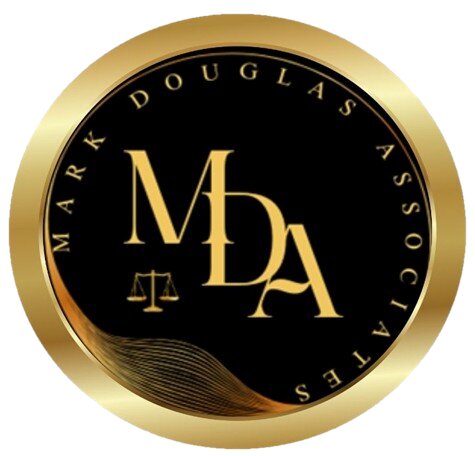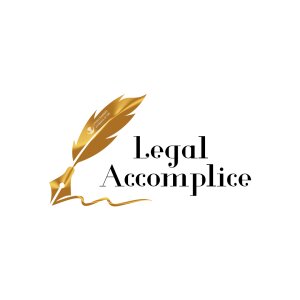Best Conveyancing Lawyers in Jamaica
Share your needs with us, get contacted by law firms.
Free. Takes 2 min.
Free Guide to Hiring a Real Estate Lawyer
Or refine your search by selecting a city:
List of the best lawyers in Jamaica
About Conveyancing Law in Jamaica
Conveyancing in Jamaica refers to the legal process of transferring ownership or interest in real property from one person to another. This process involves preparing and reviewing necessary documentation, conducting due diligence checks, and ensuring the transaction complies with all local laws. Conveyancing is a critical step in real estate transactions, whether you are buying, selling, or leasing property. In Jamaica, legal professionals play a vital role in facilitating smooth and lawful property transfers.
Why You May Need a Lawyer
There are many circumstances where seeking legal advice or representation in conveyancing is important. Some of the most common scenarios include:
- Buying or selling residential or commercial property
- Transferring property as a gift or inheritance
- Securing a mortgage or refinancing property
- Partitioning property among family members
- Addressing title issues or disputes
- Reviewing and drafting sale agreements or leases
- Ensuring compliance with government duties, taxes, and registration requirements
Engaging a qualified lawyer helps protect your interests, identifies potential legal risks, and ensures all regulatory requirements are met during the conveyancing process.
Local Laws Overview
Conveyancing in Jamaica is governed by several pieces of legislation and regulations. Some of the most important aspects you should know include:
- Registration of Titles Act - This law requires most property transactions to be registered with the Registrar of Titles. It ensures that property ownership is clearly recorded and provides legal proof of title.
- The Stamp Duty Act - Transactions involving land or property attract government-imposed stamp duty and transfer tax. These fees must be paid to the Tax Administration Jamaica before a transfer can be finalized.
- Common Law Principles - Jamaican property transactions are also influenced by common law, which covers contractual obligations and other related matters.
- Due Diligence Requirements - Lawyers typically conduct searches to verify title ownership, check for encumbrances such as mortgages, caveats, or liens, and confirm payment of property taxes and rates.
- Transfers and Deeds - Sale and transfer agreements and deeds must be properly executed, stamped, and lodged for registration to effect legal transfer of property ownership.
It is essential to understand these requirements to ensure that your property transaction in Jamaica proceeds smoothly and legally.
Frequently Asked Questions
What is the role of a conveyancing lawyer in Jamaica?
A conveyancing lawyer manages all legal aspects of transferring property, including preparing and filing documents, ensuring compliance with local laws, conducting title and background checks, and protecting your interests throughout the process.
How long does the conveyancing process usually take in Jamaica?
The process can take anywhere from a few weeks to several months, depending on the complexity of the transaction, the parties involved, and the time taken by government agencies to process documents.
What taxes and fees are involved in property transfers?
Buyers and sellers typically pay stamp duties, transfer tax, registration fees, and, in some cases, legal fees. The specific amounts vary based on the value and type of property being transferred.
Can foreigners buy property in Jamaica?
Yes, there are no restrictions on foreign nationals buying property in Jamaica. Foreigners must, however, comply with all local laws, pay the requisite taxes, and register their property.
What checks should be done before purchasing property?
Essential checks include verifying the true ownership of the property, ensuring there are no outstanding mortgages or liens, confirming payment of property taxes, and physically inspecting the land or building.
What happens if there is a dispute over property ownership?
If a dispute arises, parties may resolve the issue through negotiation or mediation. If these methods fail, the matter can be taken to court for a resolution. Legal representation is highly recommended in such cases.
What documents are necessary for property transfer?
Key documents include the agreement for sale, instrument of transfer, certificate of title, proof of payment of property taxes and stamp duties, and government-issued identification for all parties involved.
Do I need a lawyer to buy or sell property in Jamaica?
While you are not legally required to use a lawyer, it is strongly advised. Lawyers ensure that all legal requirements are met, help avoid costly mistakes, and protect your interests throughout the transaction.
How do I verify a property title in Jamaica?
The Registrar of Titles holds official records of property titles. Your lawyer can perform a title search to confirm the ownership and check for encumbrances or other legal claims on the property.
What should I do if I find an error in my property documents?
Contact your lawyer immediately. They can help you correct errors through the relevant authorities such as the Registrar of Titles, and take any necessary legal action to protect your interests.
Additional Resources
If you need further information or support, the following organizations and resources are valuable:
- Registrar of Titles (National Land Agency) - Responsible for property registration and title searches
- Tax Administration Jamaica - Information on stamp duty, transfer tax, and registration fees
- Jamaican Bar Association - Directory of qualified conveyancing lawyers
- Supreme Court of Jamaica - Guidance on legal proceedings related to property disputes
- Real Estate Board of Jamaica - Regulatory body for real estate transactions and agents
Next Steps
If you require legal assistance with conveyancing in Jamaica, consider taking these steps:
- Gather all relevant documents relating to the property, such as any title deeds, tax receipts, and identification
- Research and contact a reputable Jamaican lawyer or law firm specializing in conveyancing
- Consult with your lawyer to discuss your needs and understand the process and costs involved
- Work with your lawyer through each stage, from conducting due diligence to completing documentation and registration
- Stay informed about your legal obligations and follow through on all recommendations from your legal advisor
Taking a proactive and informed approach will help ensure your property transaction in Jamaica is both legally secure and straightforward.
Lawzana helps you find the best lawyers and law firms in Jamaica through a curated and pre-screened list of qualified legal professionals. Our platform offers rankings and detailed profiles of attorneys and law firms, allowing you to compare based on practice areas, including Conveyancing, experience, and client feedback.
Each profile includes a description of the firm's areas of practice, client reviews, team members and partners, year of establishment, spoken languages, office locations, contact information, social media presence, and any published articles or resources. Most firms on our platform speak English and are experienced in both local and international legal matters.
Get a quote from top-rated law firms in Jamaica — quickly, securely, and without unnecessary hassle.
Disclaimer:
The information provided on this page is for general informational purposes only and does not constitute legal advice. While we strive to ensure the accuracy and relevance of the content, legal information may change over time, and interpretations of the law can vary. You should always consult with a qualified legal professional for advice specific to your situation.
We disclaim all liability for actions taken or not taken based on the content of this page. If you believe any information is incorrect or outdated, please contact us, and we will review and update it where appropriate.
Browse conveyancing law firms by city in Jamaica
Refine your search by selecting a city.



